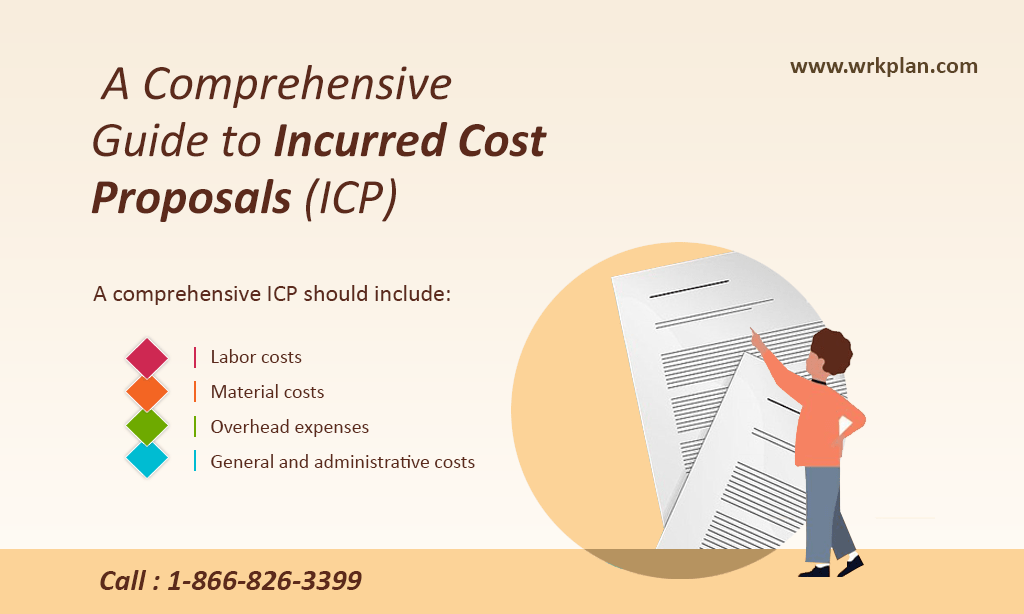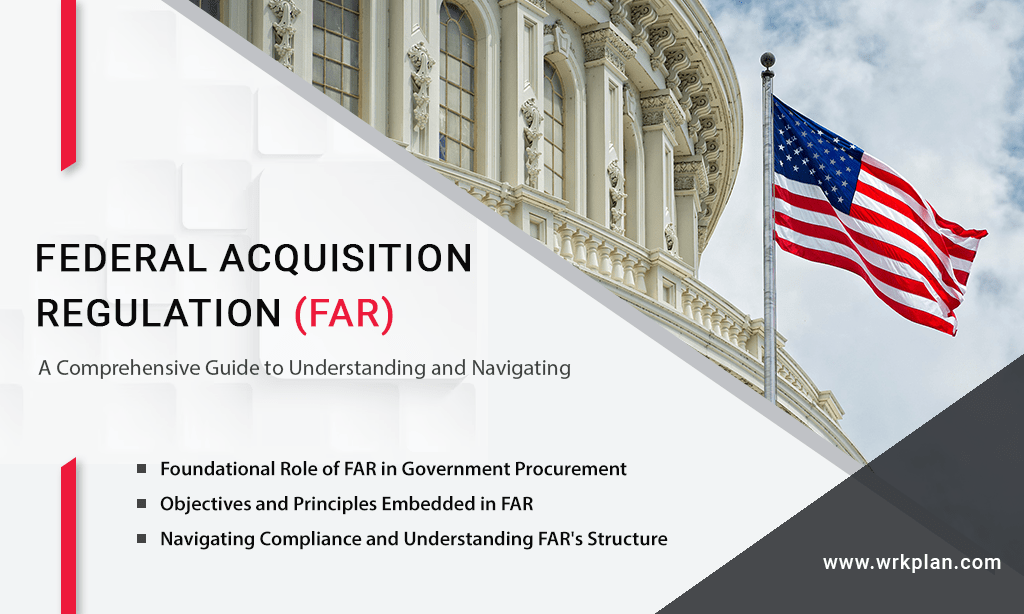Government contracting can be a lucrative and rewarding business, but it also comes with unique risks and challenges. From complying with complex regulations to managing the potential risks of working with the government, there are many factors to consider when engaging in government contracting. In this article, we’ll explore the importance of compliance and risk management in government contracting and provide some tips for success.
Compliance in Government Contracting
Compliance is a critical aspect of government contracting, and failure to comply with regulations and requirements can lead to serious consequences, including fines, loss of contracts, and reputational damage. The following are some key areas of compliance to consider in government contracting:
- Regulations: There are many regulations that apply to government contracting, including those related to labor, environment, and procurement. It’s important to understand and comply with these regulations to avoid penalties and ensure ongoing eligibility for government contracts.
- Contract Terms: Each government contract will have its own unique terms and conditions, and it’s essential to comply with these terms to avoid breach of contract. This includes delivering products and services on time and meeting quality standards.
- Reporting Requirements: Government contractors are typically required to submit regular reports on their activities, including financial and performance reports. Compliance with these reporting requirements is critical for maintaining transparency and accountability.
Risk Management in Government Contracting
In addition to compliance, risk management is another important aspect of government contracting. Managing risks can help to minimize potential losses and maximize the chances of success. The following are some key areas of risk management to consider in government contracting:
- Financial Risks: Financial risks in government contracting include factors such as cost overruns, non-payment by the government, and damage to reputation. It’s important to manage these risks by accurately estimating costs, maintaining cash flow, and developing a solid reputation for quality work.
- Legal Risks: Legal risks in government contracting include factors such as breach of contract, intellectual property infringement, and liability for employee misconduct. It’s important to manage these risks by carefully reviewing contracts, obtaining necessary insurance coverage, and ensuring compliance with applicable laws and regulations.
- Reputational Risks: Reputational risks in government contracting can arise from factors such as poor performance, failure to meet contractual obligations, or unethical behavior. It’s important to manage these risks by maintaining high standards of quality, integrity, and ethical behavior.
Tips for Success in Government Contracting
To succeed in government contracting, it’s essential to prioritize compliance and risk management. The following are some tips for success:
- Develop a Compliance and Risk Management Plan: A comprehensive plan for compliance and risk management can help to ensure that these factors are prioritized throughout the contracting process.
- Conduct Due Diligence: Before entering into any government contract, it’s important to conduct due diligence on the contracting agency, the terms and conditions of the contract, and any potential partners or subcontractors.
- Train Employees: Ensuring that all employees are aware of compliance and risk management requirements can help to minimize potential risks and improve overall performance.
- Maintain Accurate Records: Maintaining accurate records of all activities related to the contract can help to demonstrate compliance with regulations and contractual obligations.
- Seek Expert Advice: Seeking expert advice from attorneys, accountants, and other professionals can help to ensure compliance with regulations and mitigate potential risks.
In conclusion, compliance and risk management are critical components of success in government contracting. By prioritizing these factors and following best practices, businesses can maximize their chances of success and minimize potential risks.
Visit WrkPlan.com for all of your GovCon needs.










